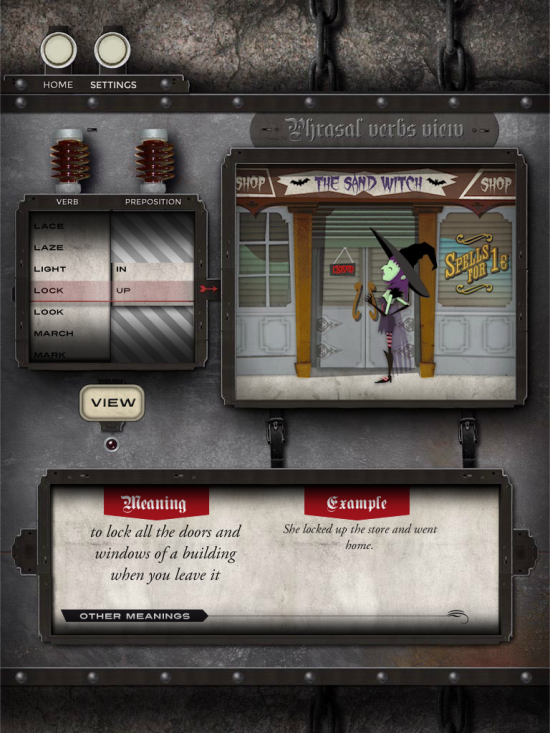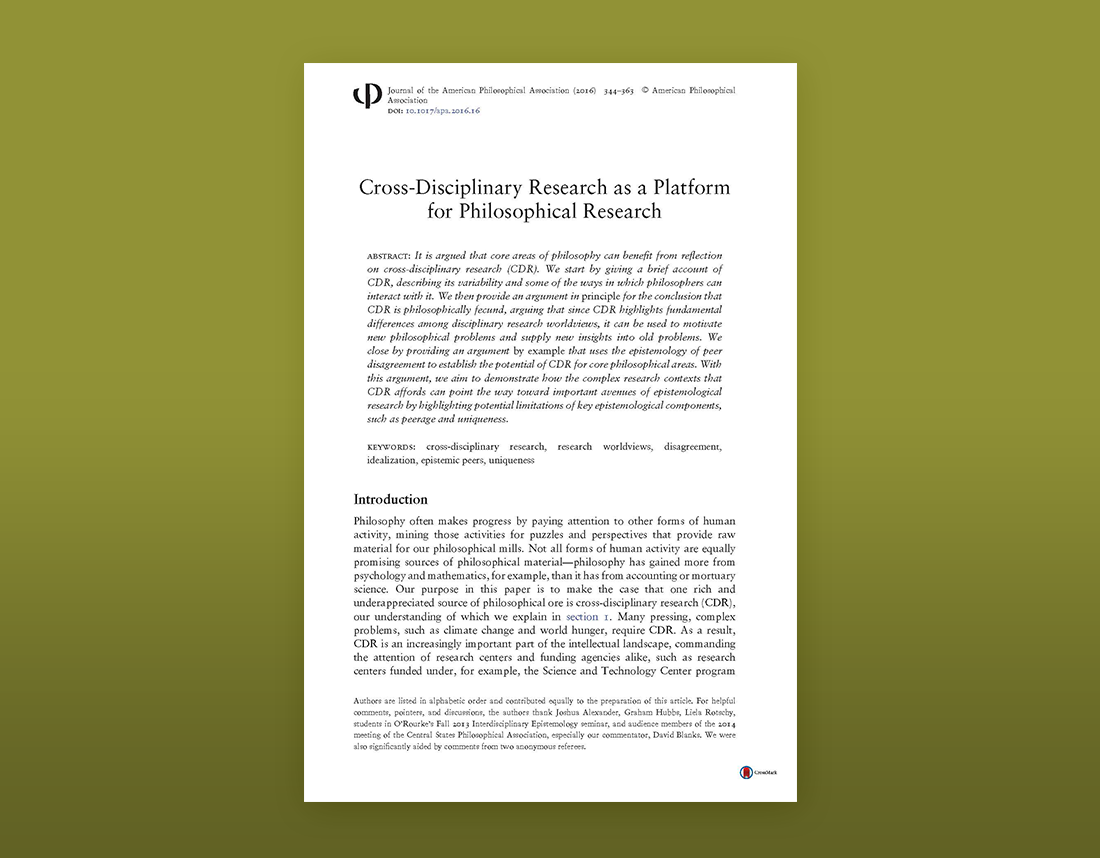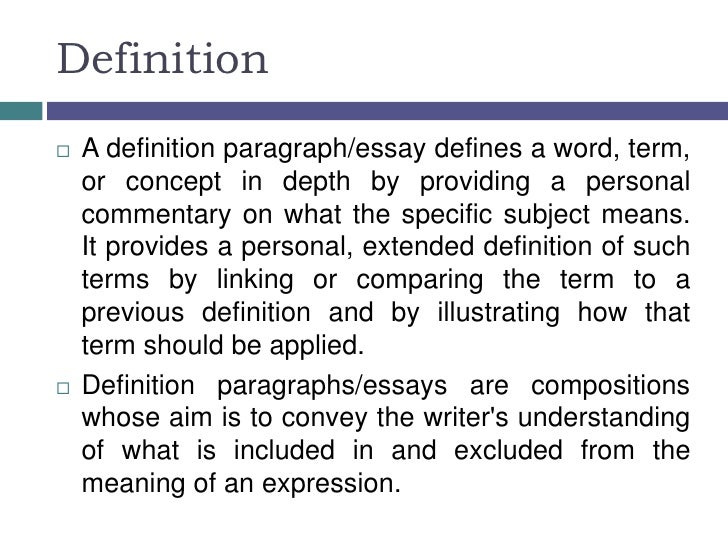Burmah Oil 1964 (4).docx - Public Law Royal Prerogative.
The claimant’s oil fields were destroyed by British Troops during the WWII to prevent them falling into Japanese hands.Burmah Oil Co Ltd v Lord Advocate. Jump to navigation Jump to search. Burmah Oil Company Ltd v Lord Advocate (1965) AC 75, was a court case, raised in Scotland, and decided ultimately in the House of Lords. The case is an important decision in British constitutional law and had unusual legal repercussions at the time.The King hath no prerogative other than that which law of land allows him.” Thus this case defined limitations on Royal Prerogatives. Another case in which Courts were willingness to determine extent of prerogatives is seen in (Burmah Oil v Lord Advocate) 1965.
Burmah Oil v Lord Advocate (1965) AC 75 Facts: The House of Lords had to consider the extent to which government could destroy property in wartime. In 1943, during WW2, the British Government ordered destruction of Burmah Oil refinery to prevent it falling in the hands of the Japanese.Blackstone's notion of the prerogative being the powers of an exclusive nature was favoured by Lord Parmoor in the De Keyser's Royal Hotel case of 1920, but some difficulty with it was expressed by Lord Reid in the Burmah Oil case of 1965. A clear distinction has not been necessary in the relevant cases.

The High Court also ruled against the government’s right to use the royal prerogative (Supreme Court, 2017). To explain why, the High Court cited the case of Burmah Oil Co (Burma Trading) Ltd v Lord Advocate AC 75, 101. This case involved use of the royal prerogative.












